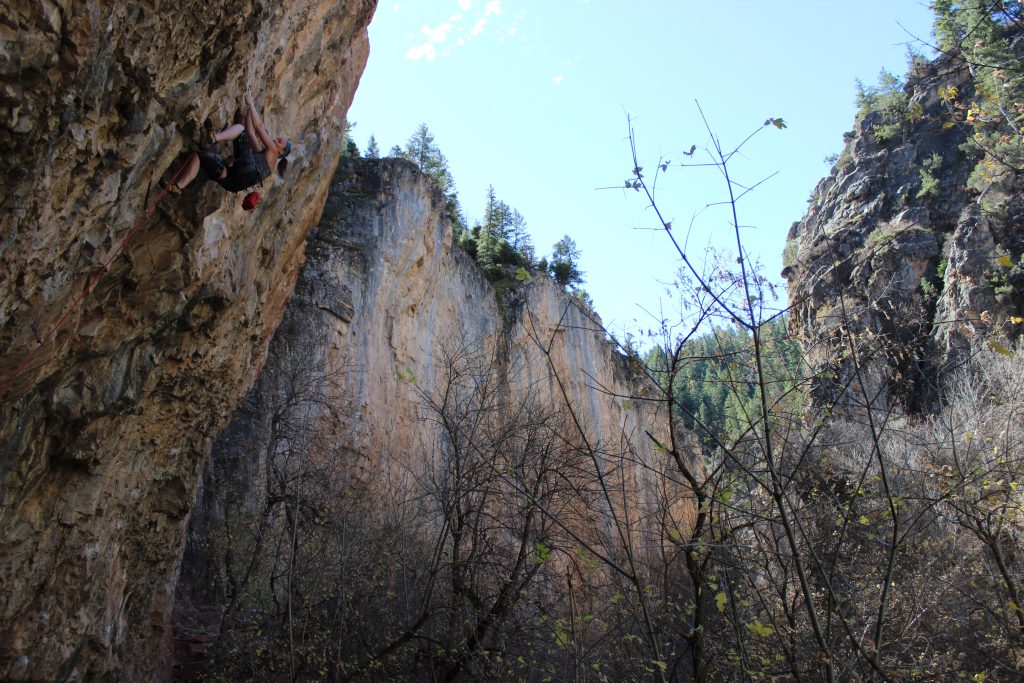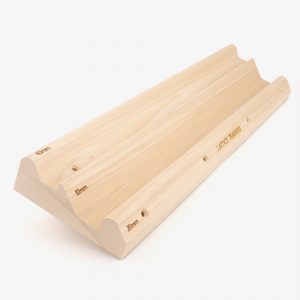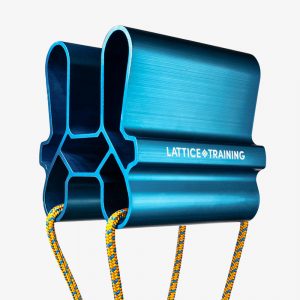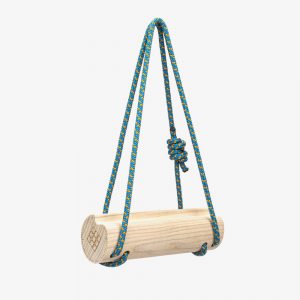Ella’s Top 5 Lessons Learned About Training
In this blog series, we’ve asked each of our six coaches about the top five lessons they have learned about training. This week in the series we have Ella Russell, coach and legal counsel at Lattice. Ella has a 17 year long history of climbing and coaching and has climbed and bouldered up to 8a+. Impressively, Ella bouldered her first 8a while working as a corporate employment lawyer in a high pressure and fast paced environment, something she did for many years. Ella is no stranger to the challenges that working a (more than) full-time job presents to climbing and training, yet she knows how to make her training as effective and efficient as it can be. Ella’s lessons are focused around this; avoiding injury, looking at long-term goals, and staying motivated. Read on to find out more from Ella…
“I never cease to be amazed by what our bodies can withstand, but we all have limits – sleep deficit and stress levels will take their toll at some point.”

1. Give due care and attention to any niggles
You’re doing well, getting through the training sessions, and starting to feel as though your body is adapting and you can try really, really hard. But, you’ve also noticed a sore finger or an aching shoulder, or you generally feel pretty tight when you wake up in the morning. You’re so excited about feeling strong when climbing that you choose not to pay much attention to these issues. In our experience as climbers and coaches, this is one of the highest risk times for injury – you set new base level expectations because you’re doing well and you’re pushing harder. My advice is listen to your body; monitor whether your niggles are getting worse or stagnating, and make sure you keep your coach in the loop. Avoiding chronic or serious injury is way better for your climbing in the long term.
2. Expect to re-prioritise regularly and be ok with this
A work schedule taken over this week? An unexpected family crisis? Heavy and unpredictable working hours were common for me when working for an international law firm, and it’s the same for many of our clients. I never cease to be amazed by what our bodies can withstand, but we all have limits – sleep deficit and stress levels will take their toll at some point. When these weeks come around, be kind to yourself, reduce the training load, and be prepared to completely rejig your training schedule.
“Focus on your own training and progress and try to avoid comparisons with others.”
3. A longer term perspective…
It takes time to make training adaptations, particularly when it comes to the fingers, and we all respond differently to training stimulus (some of us take much longer to respond than others). Focus on your own training and progress and try to avoid comparisons with others – the best lasting gains come from years of climbing and consistent training rather than months.

4. Self-analysis and seeking out feedback
As climbing is a skill-based sport, just following a training plan will only get you so far. Be pro-active at reflecting on your climbing and seek out the views of others around you – particularly those who move well and climb efficiently. Don’t be afraid to ask others to film you climbing and consider what you do well and what you could do better. For example, are you great at deep static lock-offs but struggle to generate momentum with your hips? Are you great at climbing efficiently indoors but pull way too hard on holds outside? Get regular feedback and use it to prompt you in to action.
“It’s worth keeping track of how you’re feeling in your training and whether you are present and engaged in the moment as you perform your sessions.“
5. Getting stuck in the ‘training wheel’
Are you just looking at your training sessions as tick boxes to get through each week? Do you feel as though you’re just going through the motions and operating on auto? We all have periods when training just feels like a grind (particularly when you can’t get outdoors much), but we want to avoid this becoming the norm. It’s worth keeping track of how you’re feeling in your training and whether you are present and engaged in the moment as you perform your sessions. If you notice it’s becoming a grind and your mind is elsewhere, try and hit the refresh button. Can you get away climbing next weekend? Create a replica for your project? Have a climbing session with good friends? Ask your coach for ideas!

Keep up to date with the Lattice blog for upcoming features from the rest of our coaches. Check out our Training Plans if you’d like to start your own plan with the Lattice team!






